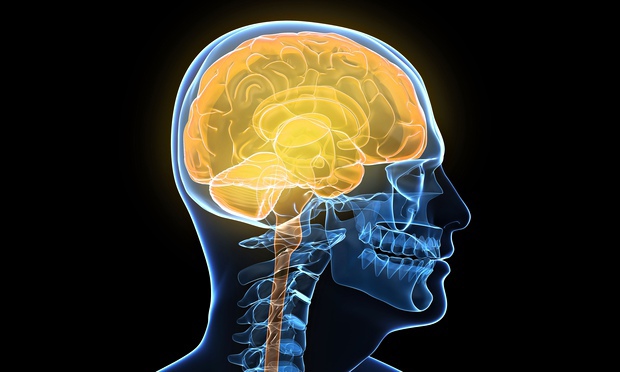Electronic brain stimulation twice as effective as caffeine

American scientists used electrical stimulation of the brain to increase the vigilance of military base personnel in conditions of lack of sleep. Experiments on men and women between the ages of 18 and 42 showed that half-hour electrical stimulation helped increase productivity two times better than caffeine, and the effect lasted three times longer.
In an interview with The Guardian, Andy McKinley , the lead researcher, explained: “The Air Force constantly conducts a lot of intelligence operations and analysts are working on them, looking for potential targets — these could be vehicles, buildings, and much more. This kind of tasks cannot be automated, there is no algorithm for automatic selection of goals - this is a task for people. It is very important to help people stay focused for long periods of time. ”
During the experiment, people who had not slept for 30 hours in a row performed test tasks — some were stimulated with caffeine, others with electrical effects on the brain through electrodes connected to the scalp. Four hours after the start, people who received electrical stimulation achieved 60% of the results in the tests, while people who received caffeine scored only 30% - the same result as people who did not receive stimulation at all.
')
The experiment used the effect of stimulating neurons with direct current, the so-called. “Transcranial micropolarization” (tDCS). As a result of exposure increases the activity of neurons. “You can imagine how you put on a head stimulant on the way to work, and after 20-30 minutes of work you can work productively until the evening,” says McKinley. Such devices are already being sold , there are even open designs of such stimulants, but their effects on the brain have not been fully studied. There are risks of using such devices, especially in children.
Source: https://habr.com/ru/post/363263/
All Articles